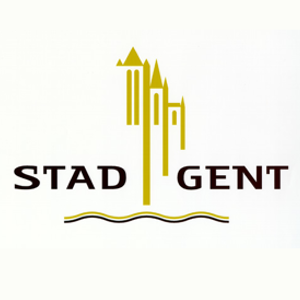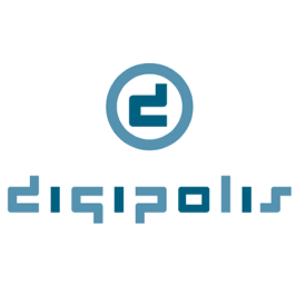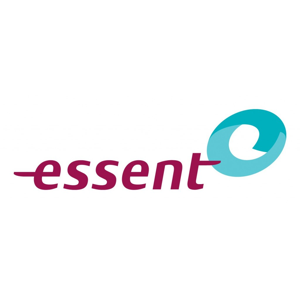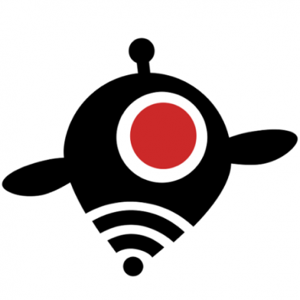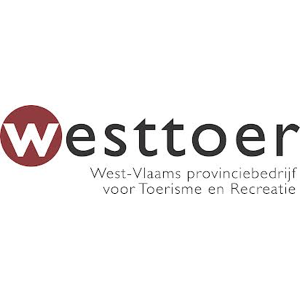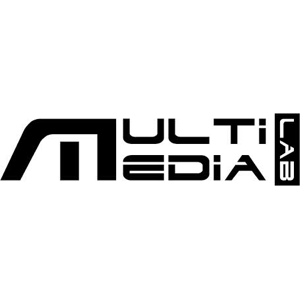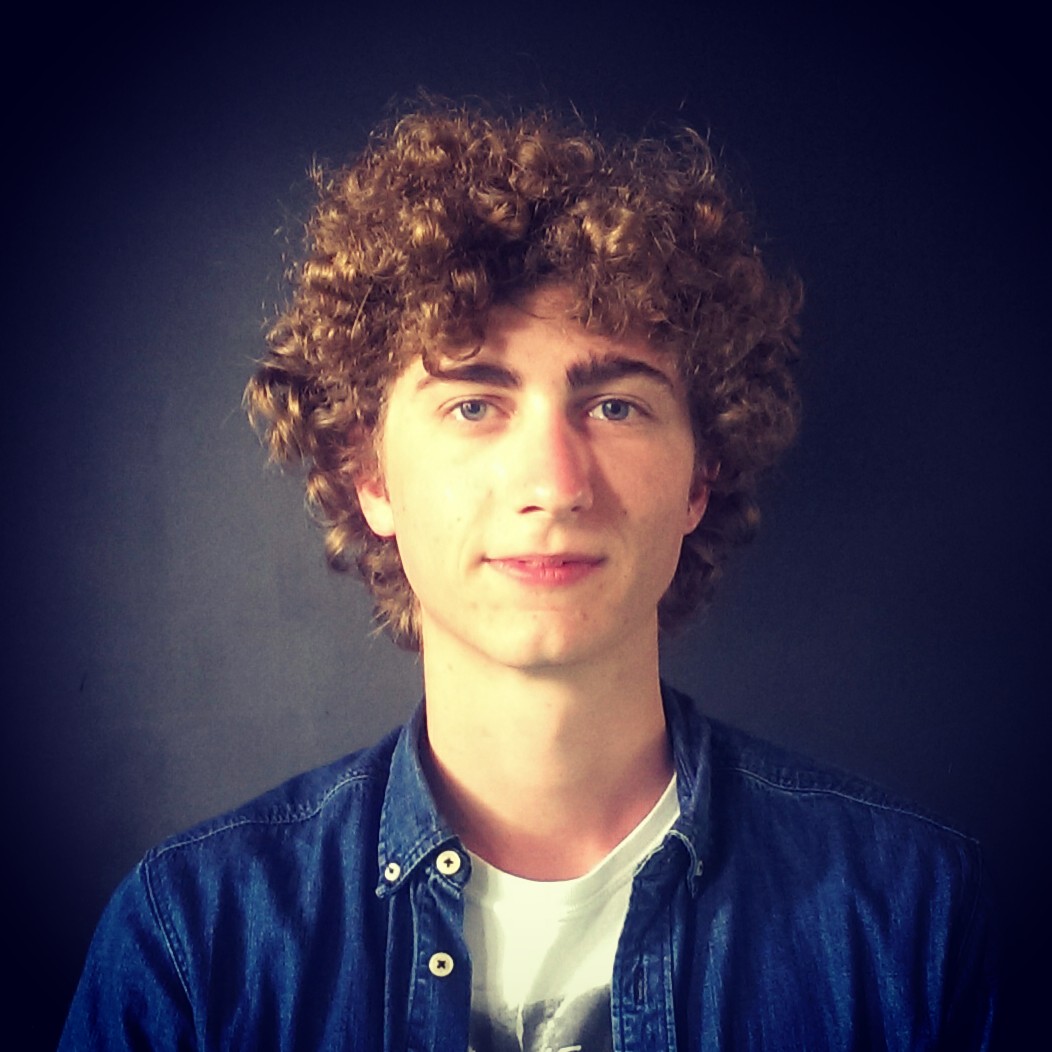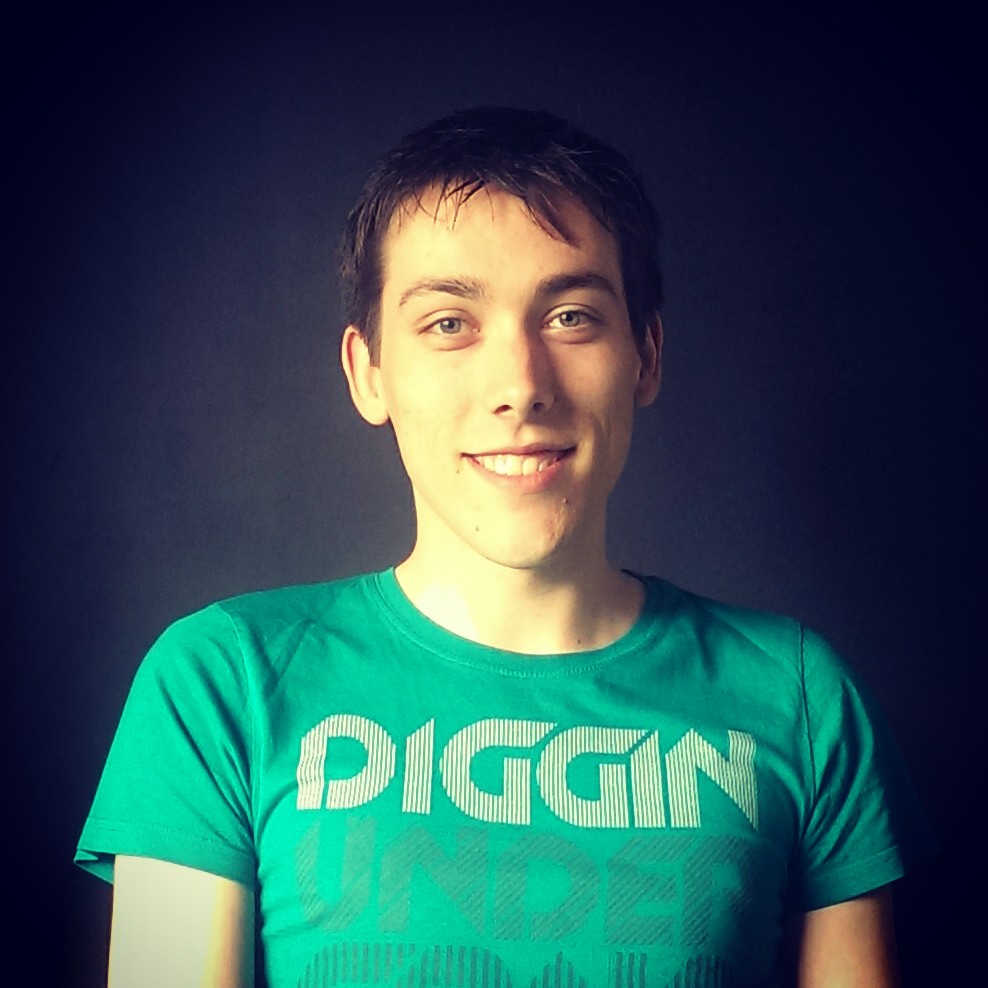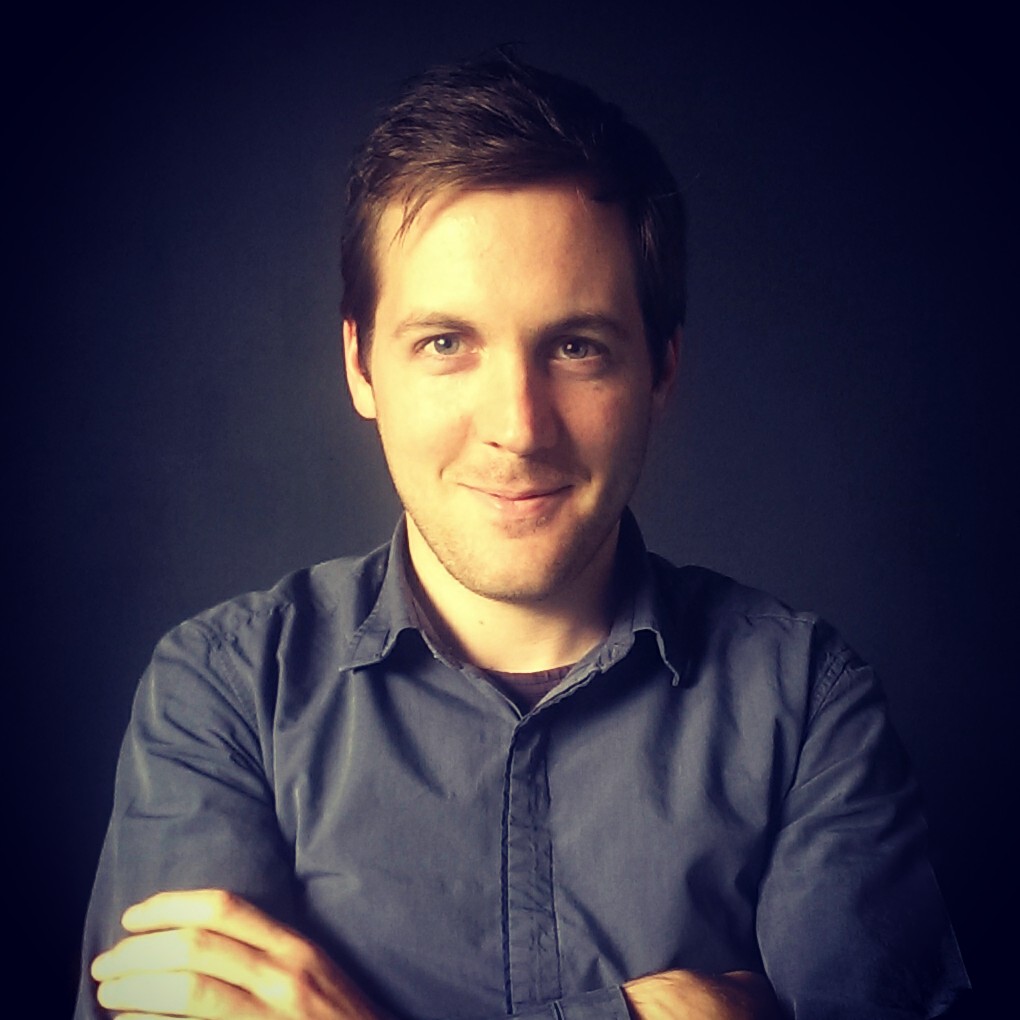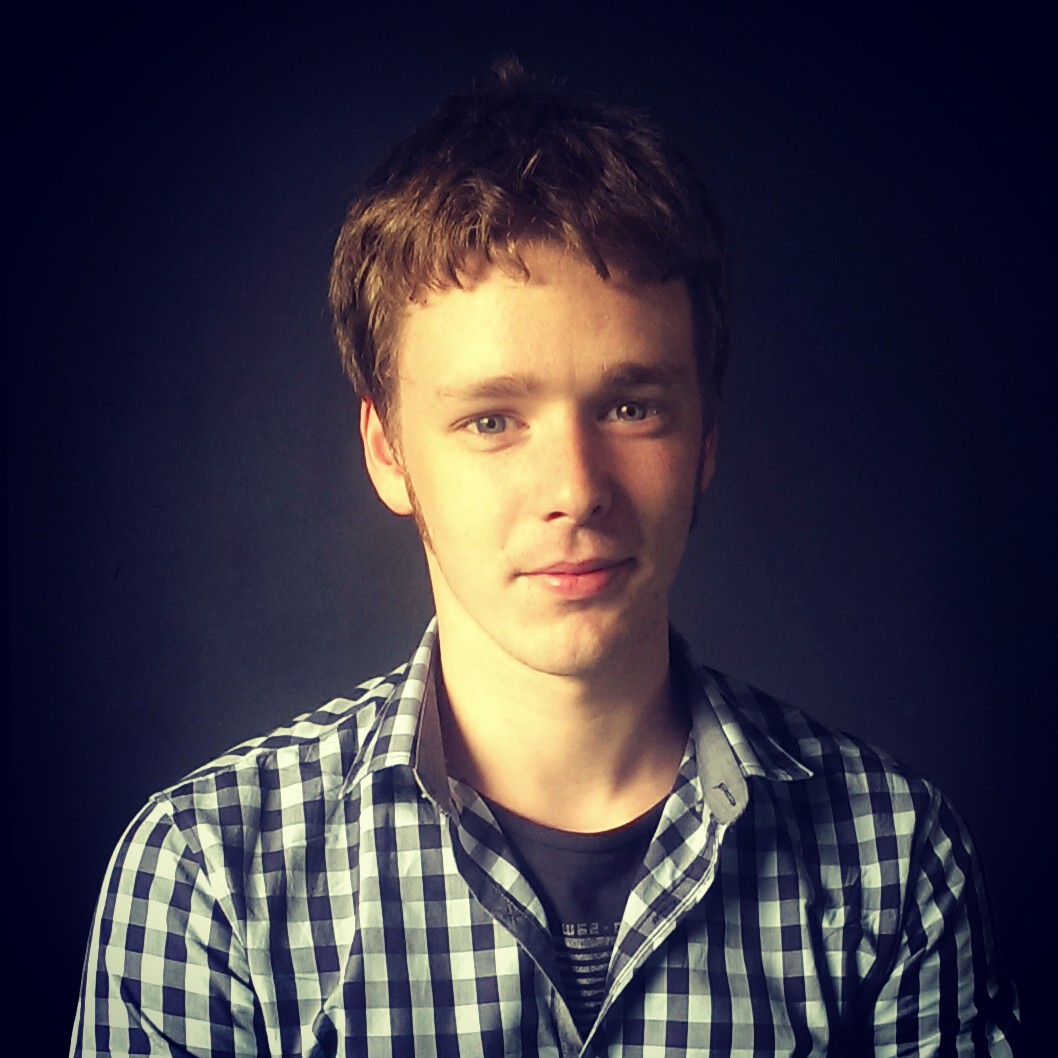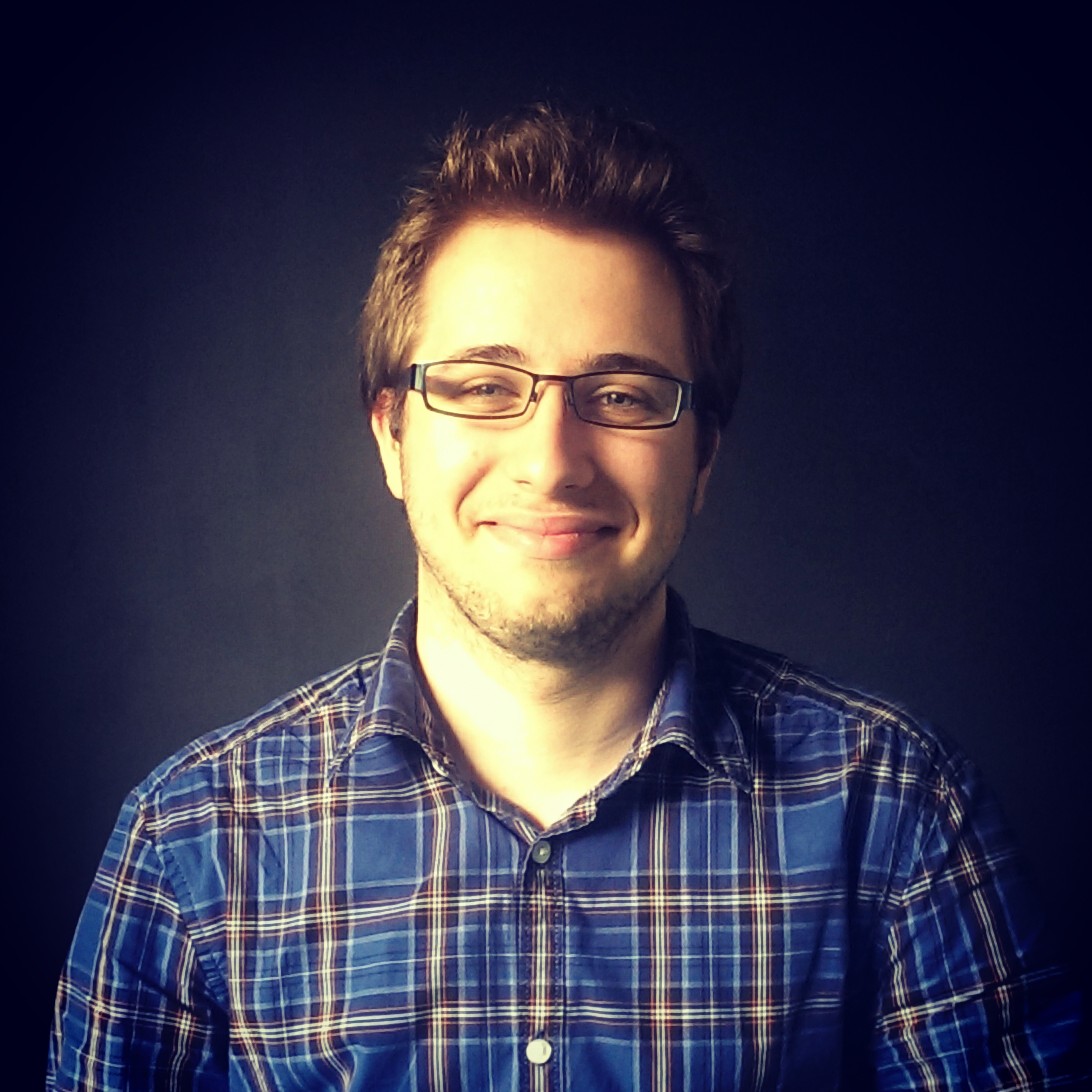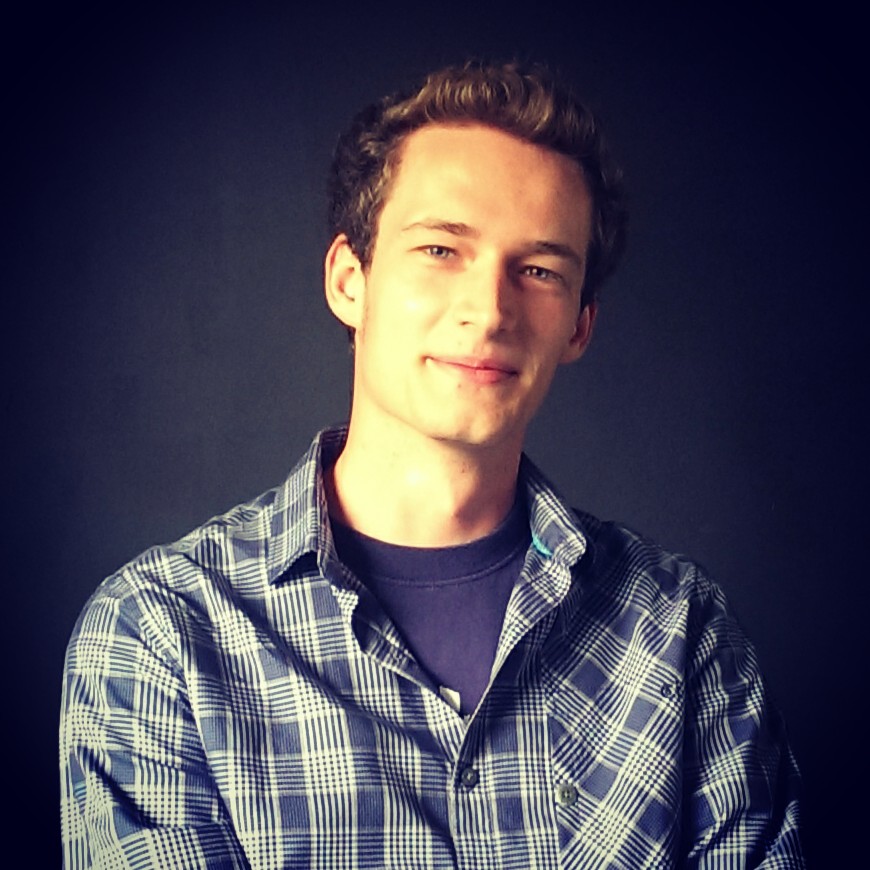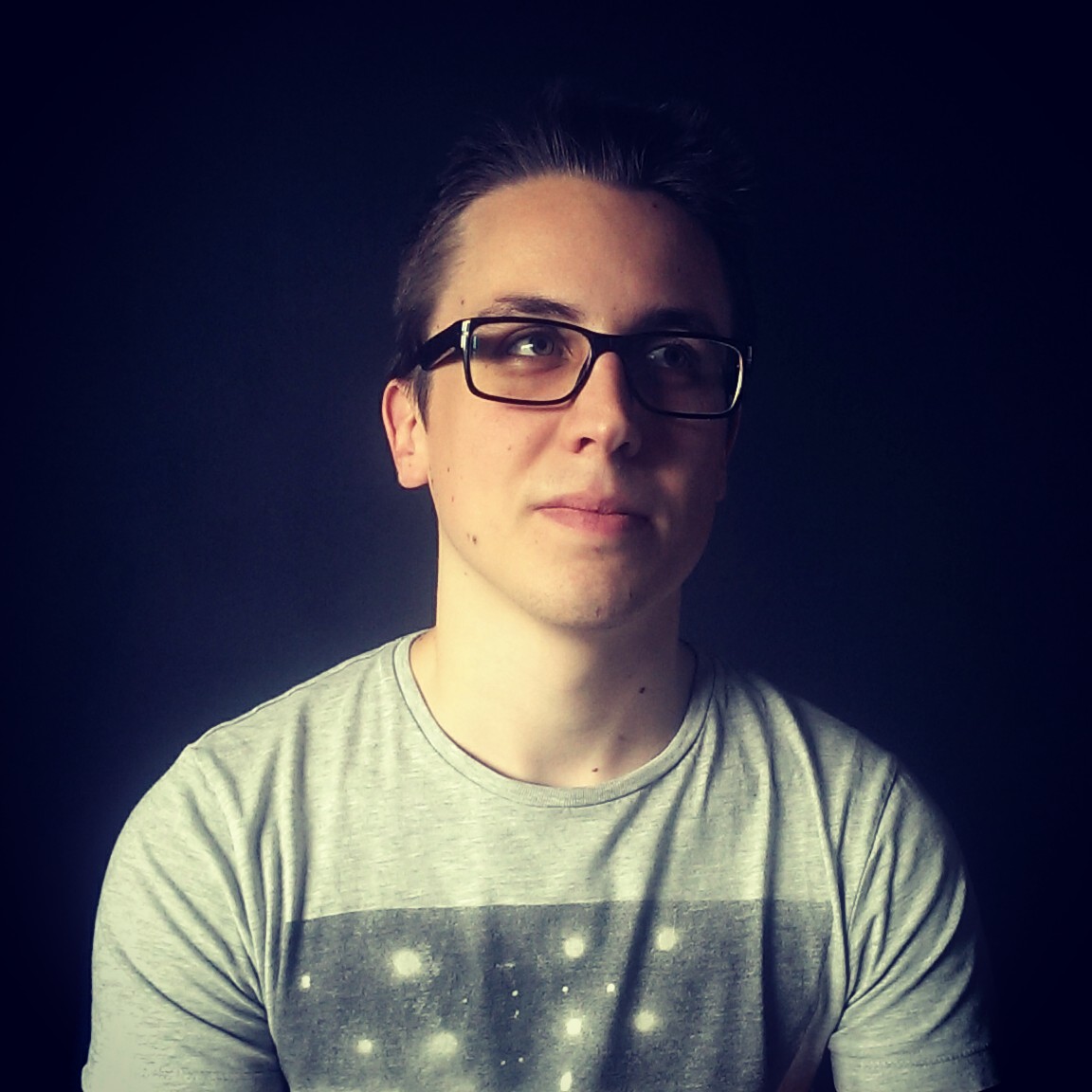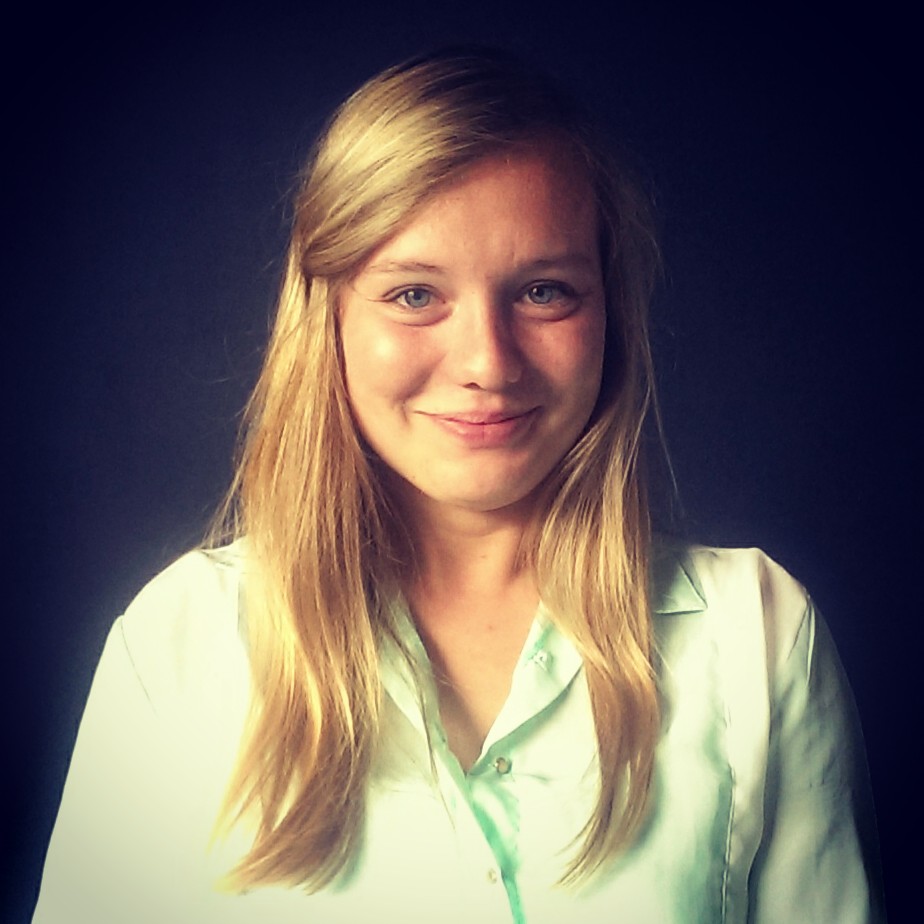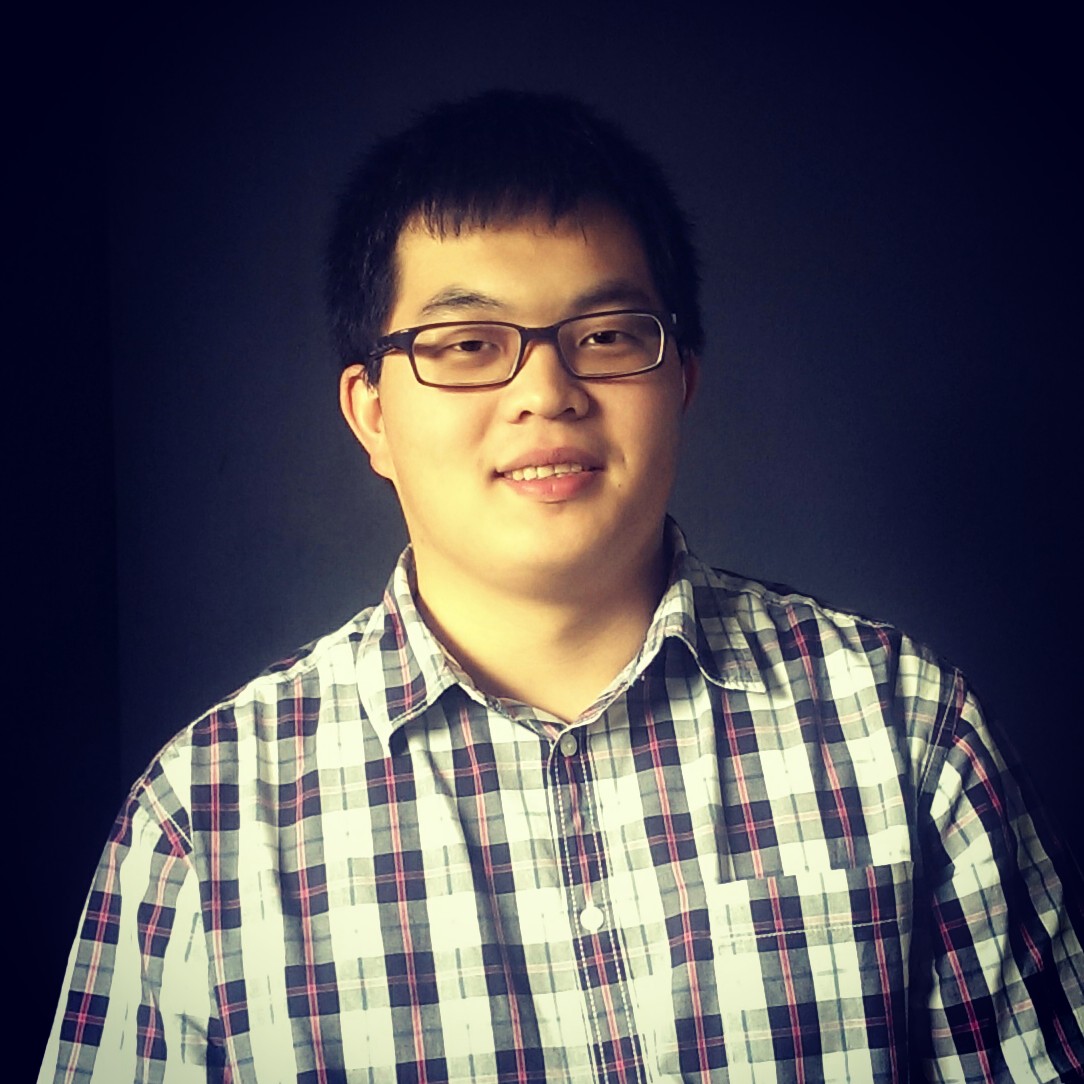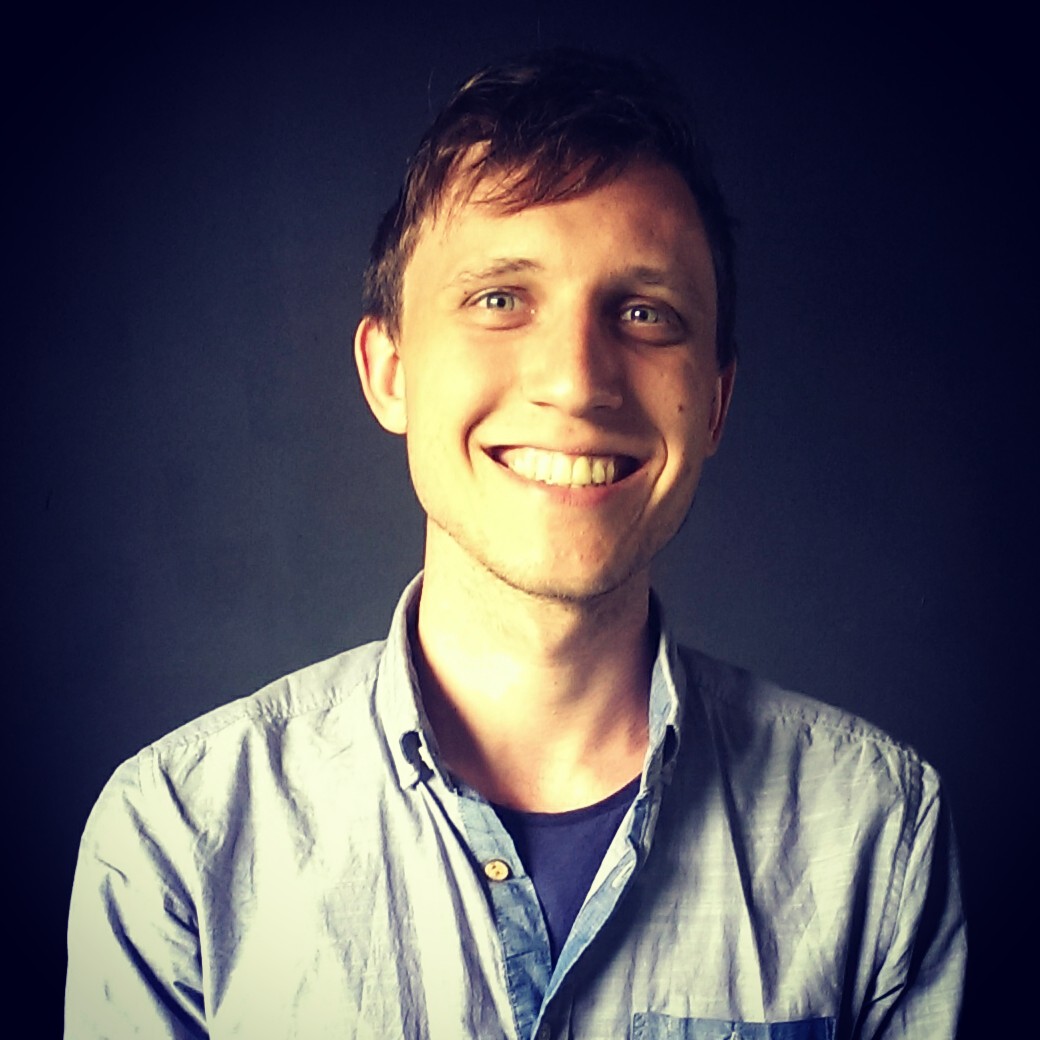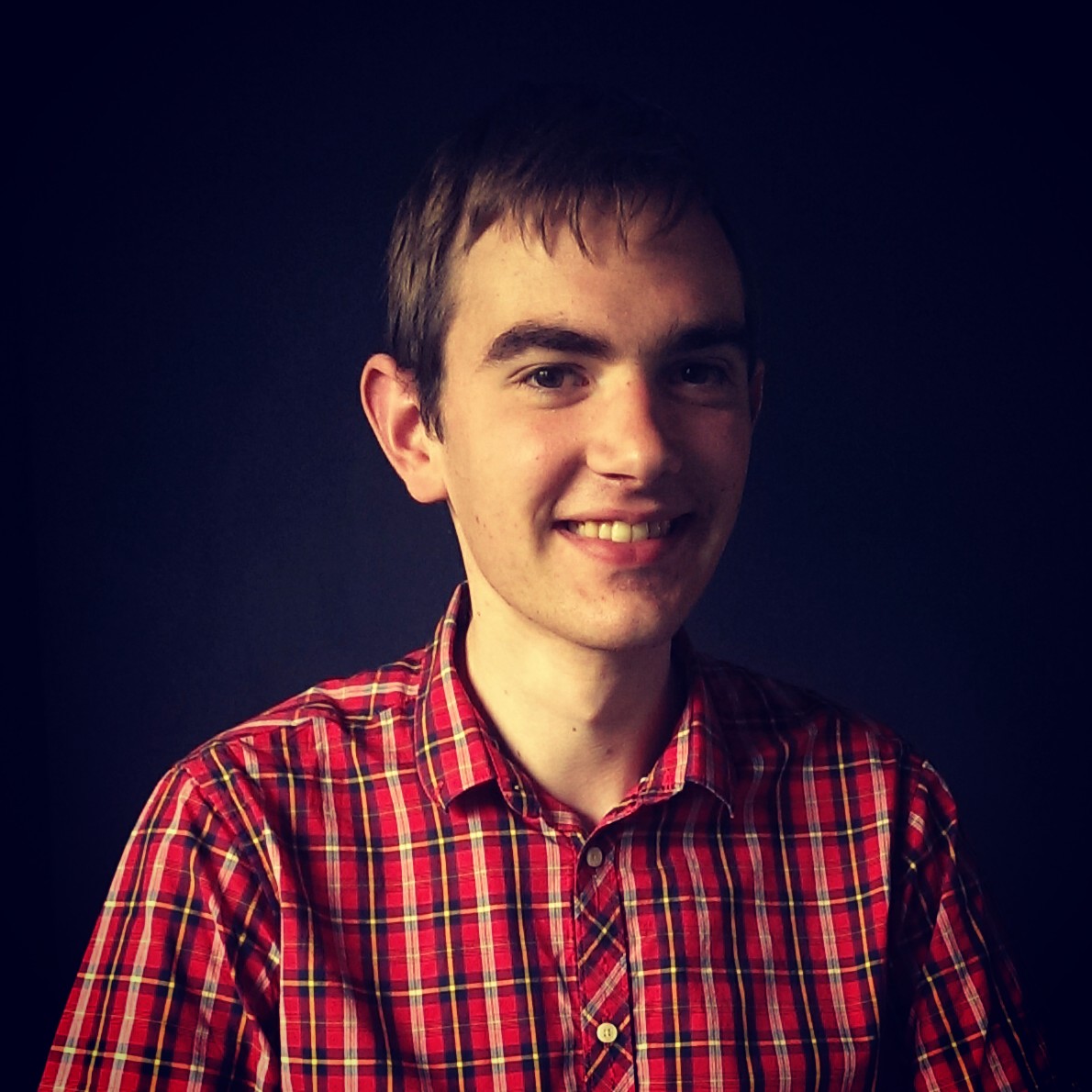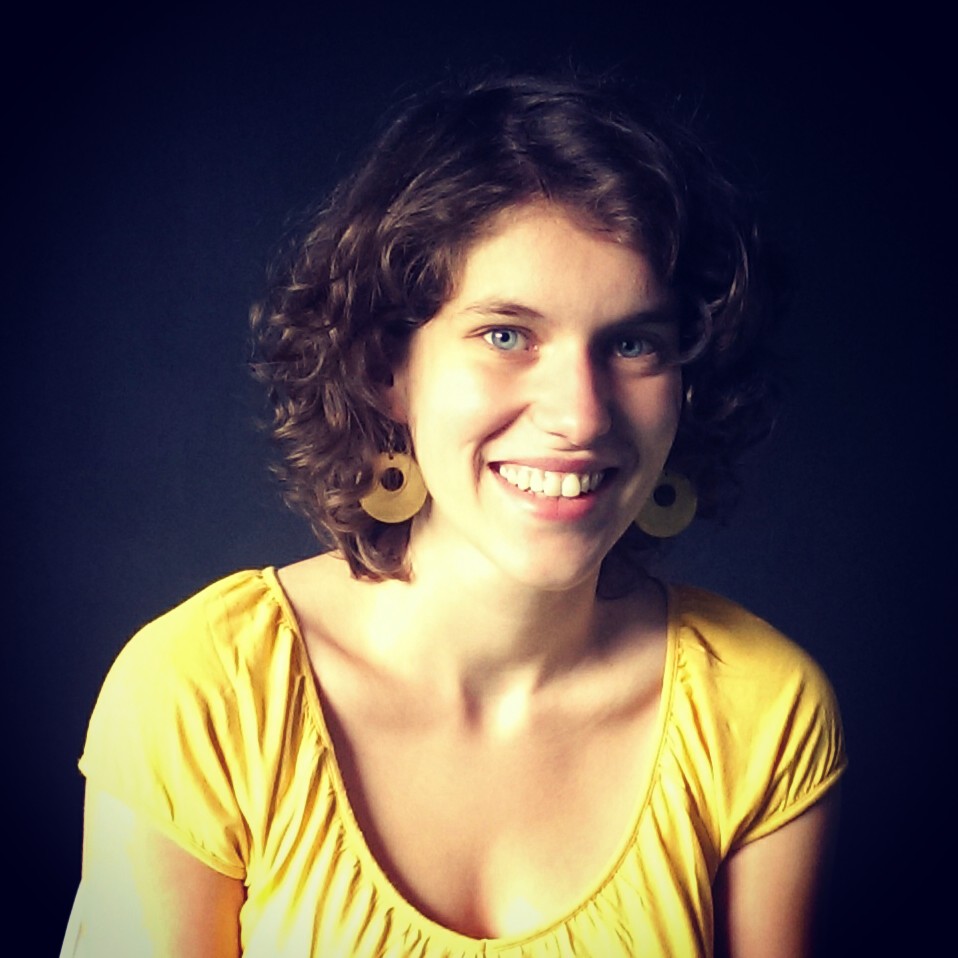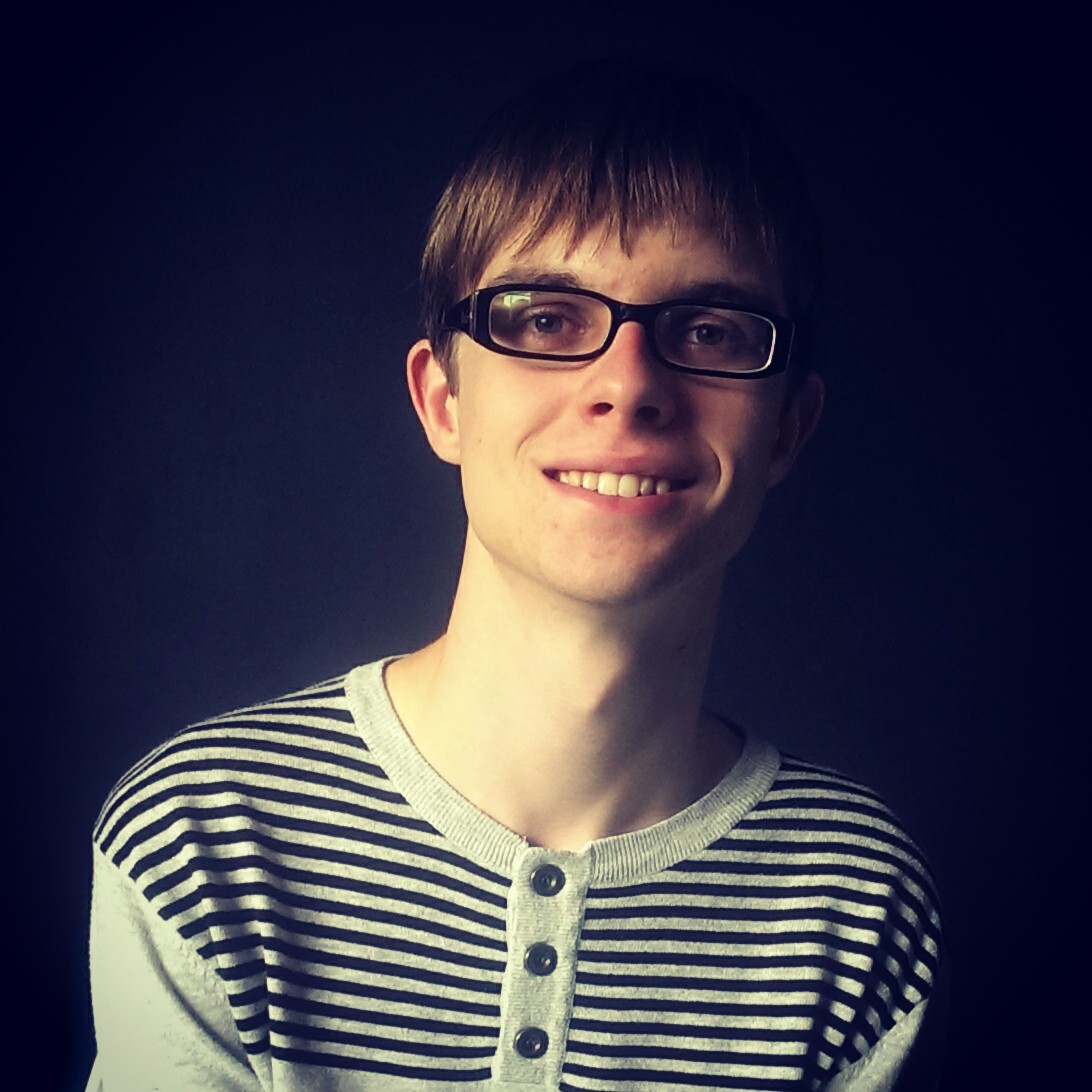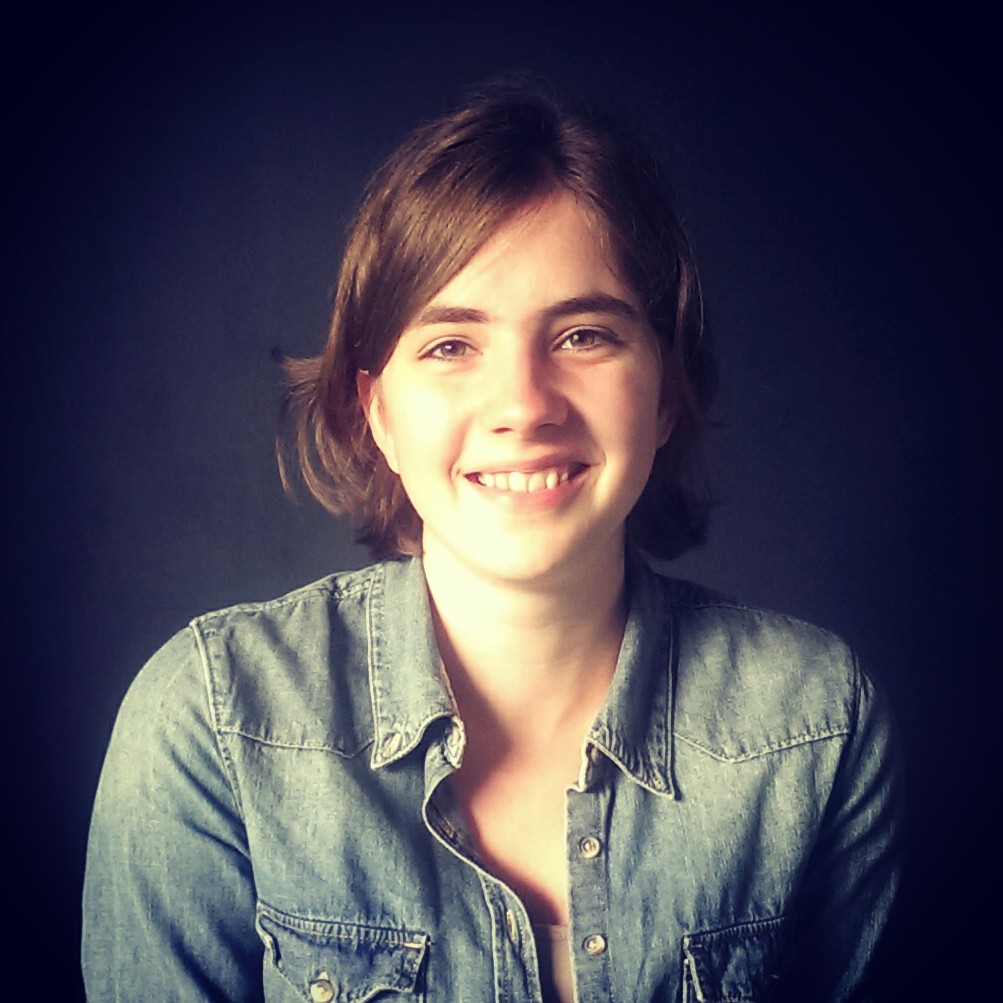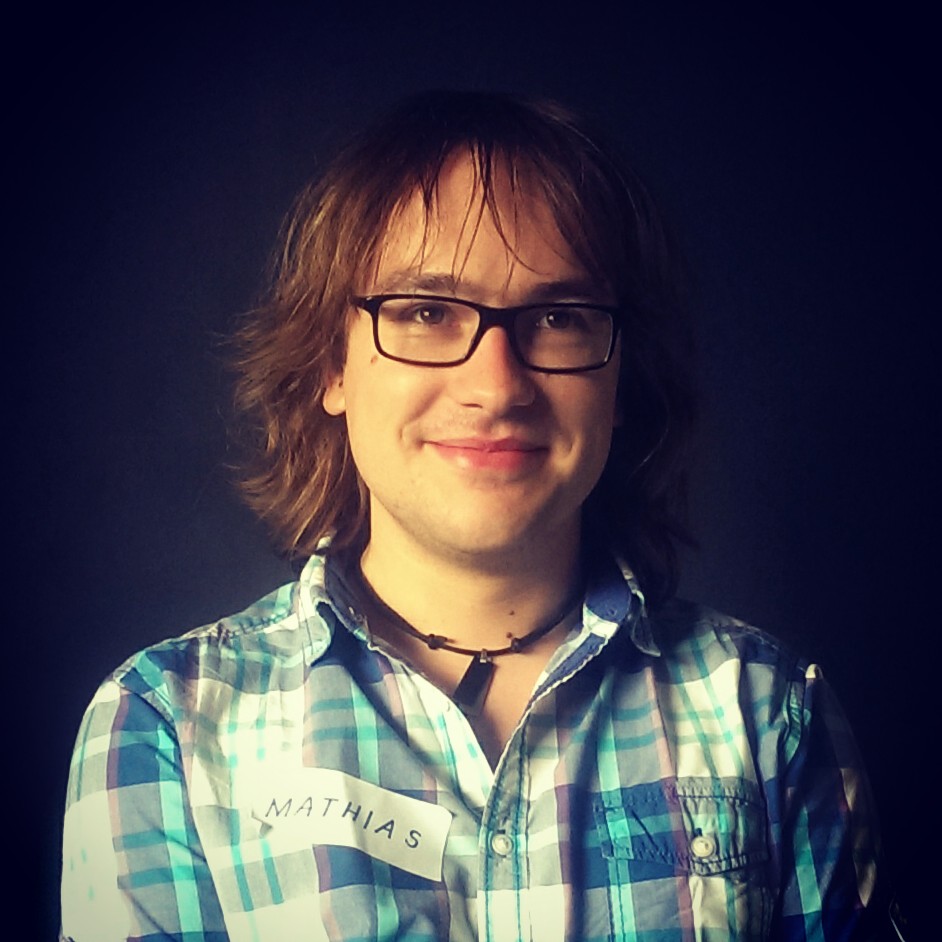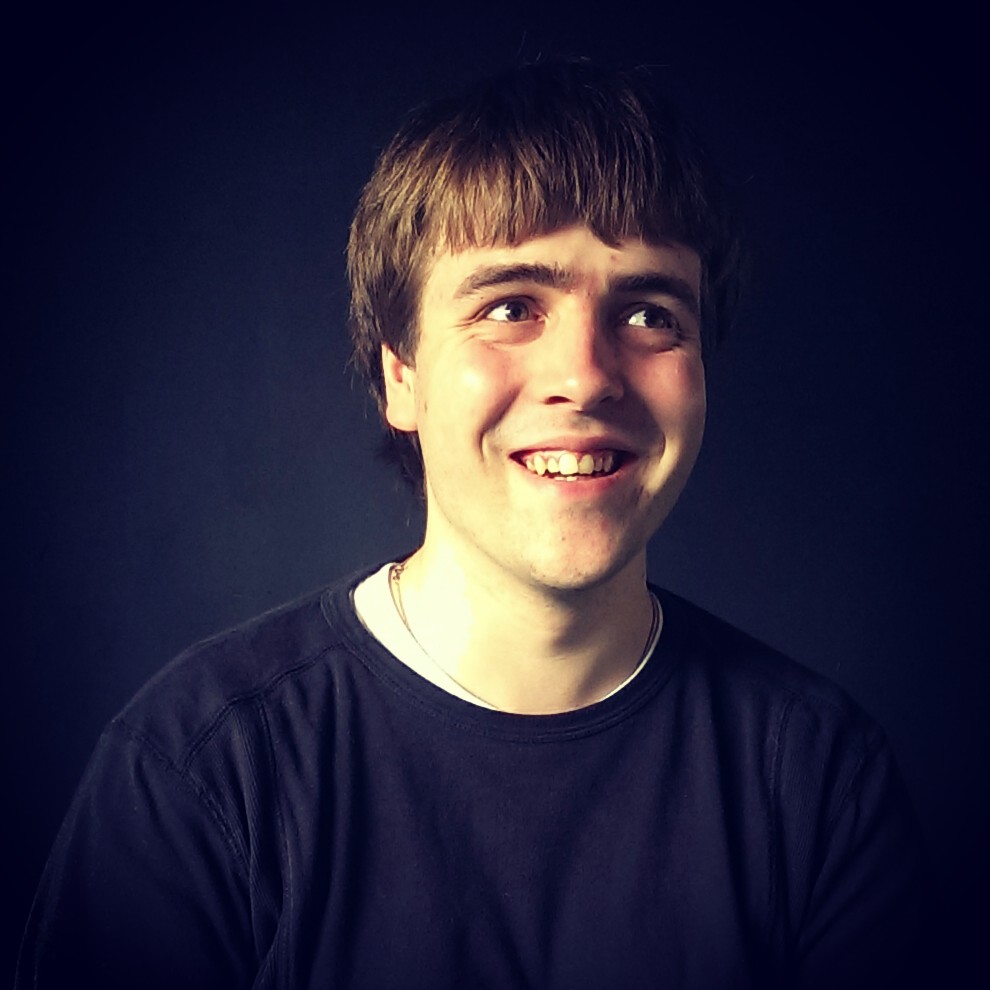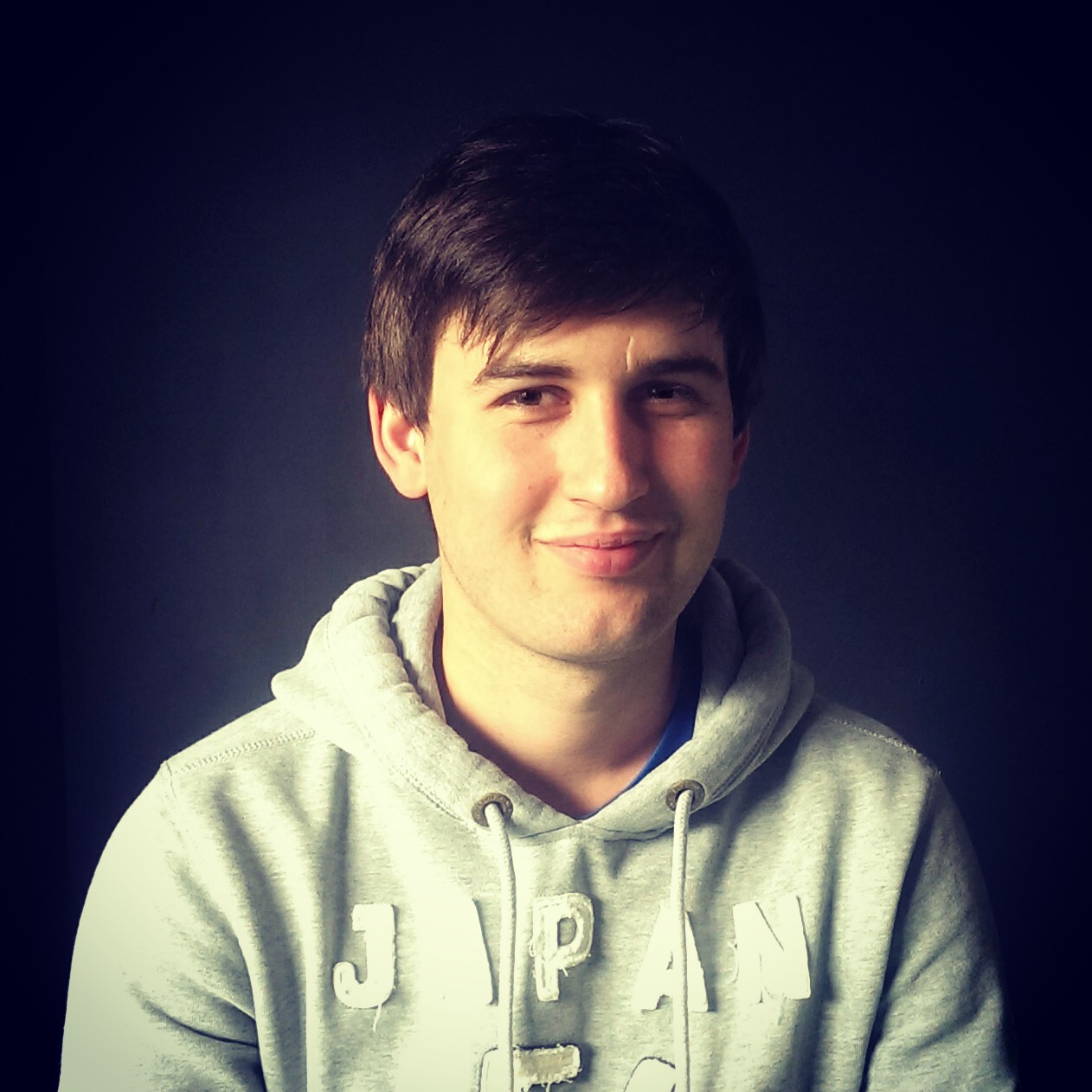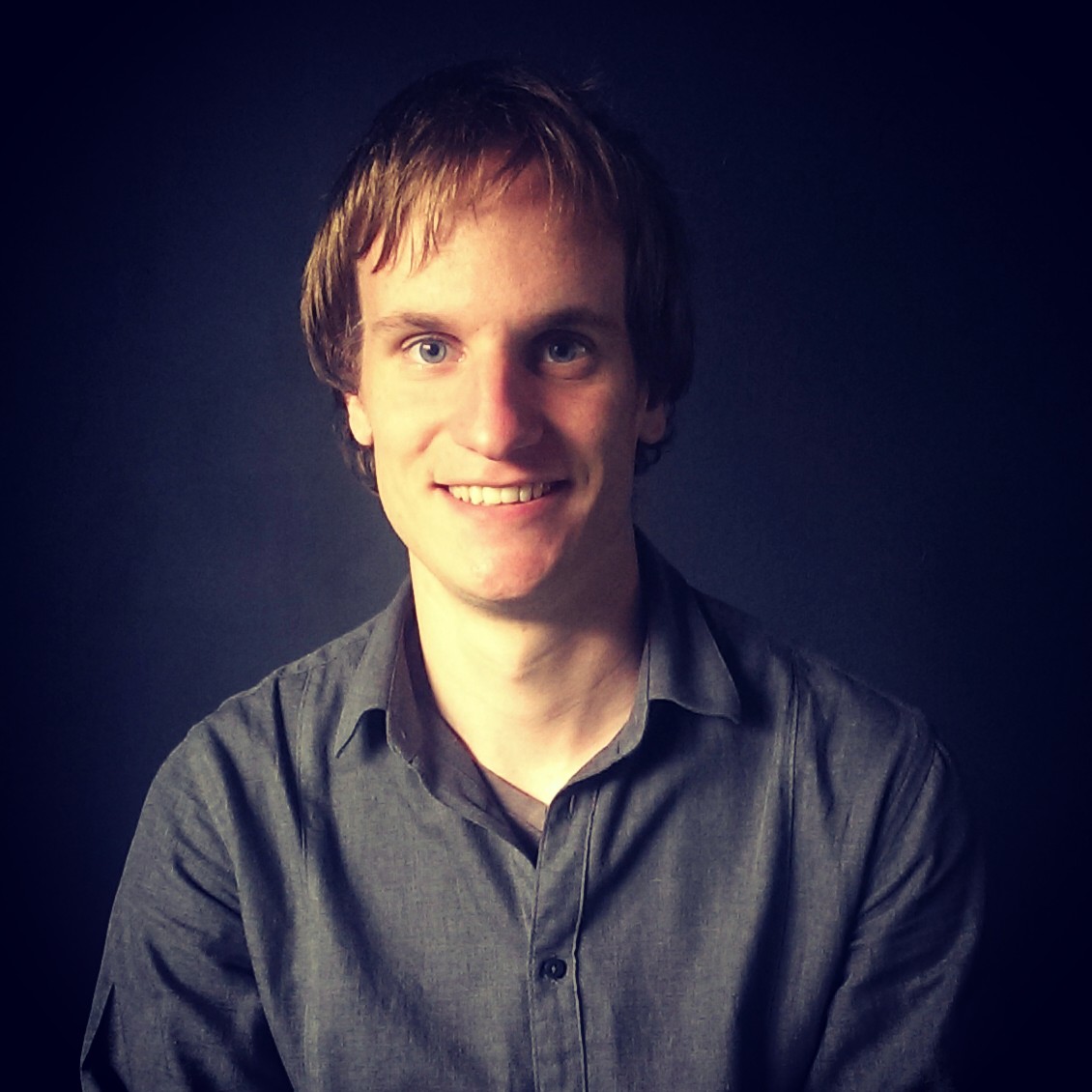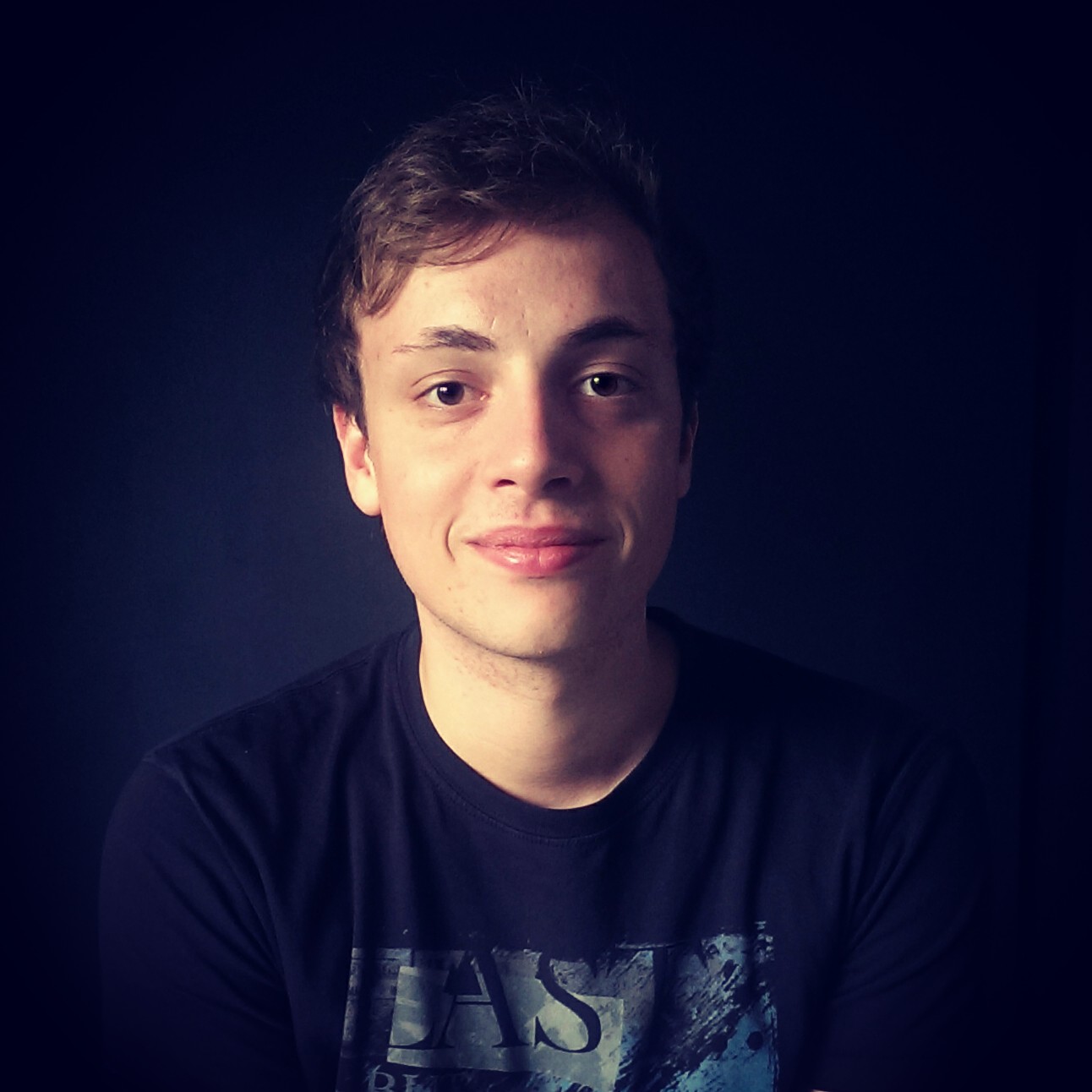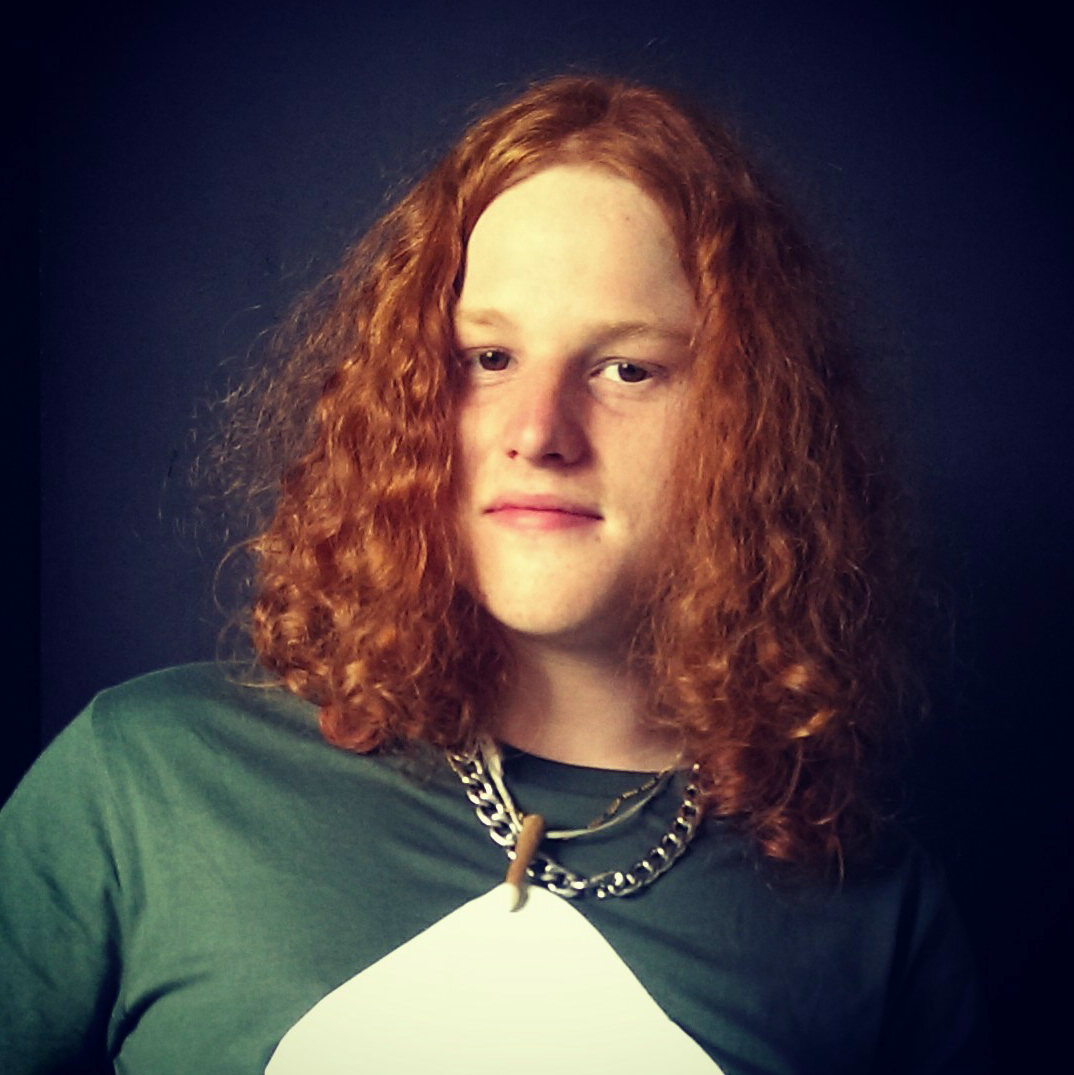The 2013 edition of open Summer of code was a great success!
open Summer of Code was a 3 week programme that took place in the Belgian cities of Ghent and Hasselt during the summer of 2013. The goal: provide 25 students the training, network and support necessary to transform 6 open innovation projects into powerful real-world services.
Highlight Reel
Projects
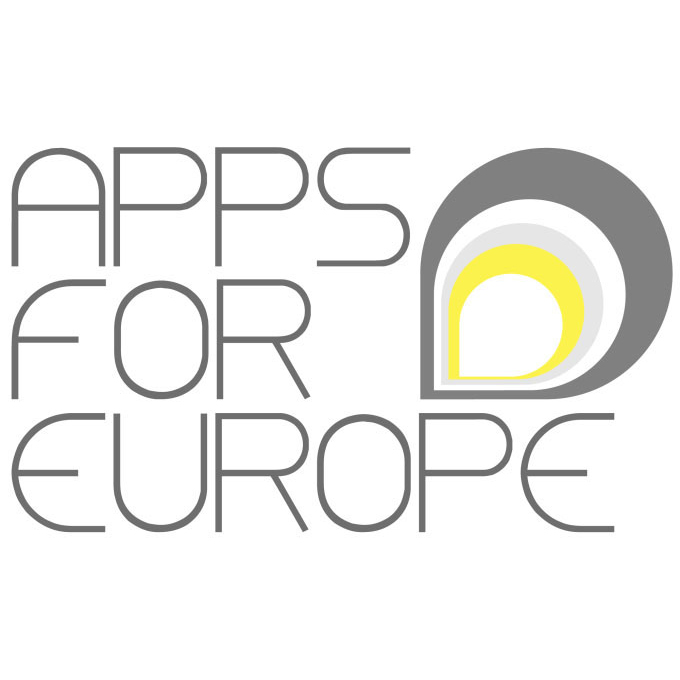
APPS FOR EUROPE REPOSITORY
Sponsored by MMlabs
All across Europe, Apps for Europe organizes data competitions and hackathons centered around open data to bring together creative groups of people with the technical expertise to address the European community’s needs through innovation. But what happens to these projects once the event is over? To contribute to an open source repository of all these projects, Cedric is building a WordPress plugin to publish and catalog these by mapping several fields on an ontology created by MMLab. Thanks to Cedric, future Apps for Europe participants will be able to locate repository information to build upon code from previous events.
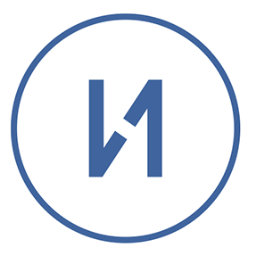
WIDGETS FOR DRUG DISCOVERY
Sponsored by Ontoforce
Currently, companies working on early stage drug discovery expend colossal efforts to integrate their internal information with public data sources. Ontoforce is a Belgian start-up that leverages semantic technology to improve information management in the biotech and pharmaceutical sector. At #oSoc13, Cedric V. will contribute to the UI of disqover, their in-house search engine, by building widgets on specific data sources.
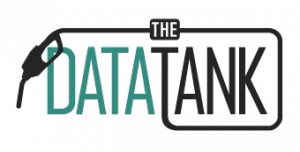
DATATANKING ESSENT
Sponsored by Essent Belgium
As a leading provider of sustainable energy in Belgium, Essent makes a significant contribution to limiting the CO2 emissions resulting from the generation of electricity. Sustainability at Essent, however, goes beyond climate matters. Essent is committed to becoming one of the world’s first energy companies to implement a robust open data policy. Using the DataTank, OKFN Belgium’s RESTful data management system, Jeppe and Bastiaan are teaming up to help build Essent’s open data portal, creating a visual UI to facilitate the portal’s user management.
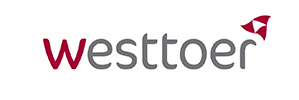
TOURISM DATA VISUALIZATION SCREENS
Sponsored by Westtoer
Westtoer is investing in a linked open data platform that aggregates and publishes all touristic and recreational info of the region of West Flanders. Thanks to Ahlun, residents and tourists will be able to visualize locally relevant data such as events, weather and traffic reports on information screens at key locations such as tourism offices, museums and hotels.
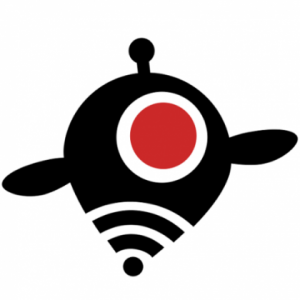
iRAIL 3.0
Funded by the SoLoMIDEM project
Transport networks need to be better connected: to social networks, GPS systems, commuter calendars and publicly available data. iRail is a non-profit that helps create just that: a networked transport experience. Currently, iRail is a popular solution for people who want to know what trains to take. At #oSoc13, Sven will be turbo-charging the iRail app’s UX and UI while Nik will be coding new features to allow users to check-in on trains, integrate their commuter calendars and visualize train delay history.
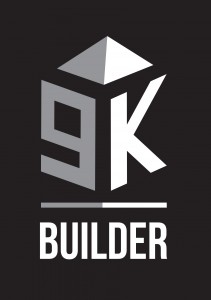
9K BUILDER
Sponsored by Digipolis, the City of Ghent
“I can do it better” is a sentence we hear too often from city-dwellers commenting on urban planning. This summer, 9K will develop the 9K builder app to allow these people to put those words into action. The app allows people to spot things that need improvement, make virtual changes on an isometric model of the city and make city-citizen co-creation possible. The application will also integrate the city’s ongoing urban projects, such as playgrounds, parks and street crossings. Stefaan and Nico will build the backend (the API). Robbe, in close collaboration with team designer Tom, will do all Javascript that is needed for interaction with the app.

LOCATION-BASED PROFILING
Sponsored by Mobile Vikings
VikingCo aims at increasingly leverage its Viking community and location-based CityLife platform by third parties. Linsey and Wouter will visualize locations/movements of (anonymous) Vikings on a map and infer useful information by identifying important spots and patterns for Vikings, such as the places that co-workers will likely visit after work. Mathias and Thomas will build an alternative route planning app: in contrast to traditional approaches (such as Google Maps), that merely compute the shortest route between two locations, community-defined routes will guide the user to hotspots supplied by the community.

TURBO-CHARGING THE DATATANK USER INTERFACE
The Datatank, OKFN Belgium’s open data management system, is currently only accessible using RESTful operations over HTTP–but not for long. Thanks to IBM and MMLab, Leen, Nicolas and Benjamin will have 3 weeks to turbocharge the Datatank’s UX. On their to-do list: develop a step-by-step installer, make administrator functionalities friendly to non-technicals and build a UI sequence that allows users to create semantic resources that includes mapping.

Also a thank you to NMBS Holding
The Belgian railway company gave us the opportunity to hire students from all over Belgium and offered them a Go-Pass to get to our locations in Hasselt and Ghent. We used this occasion to also use the train as our work place. One day during the second week, we worked on our projects on the train.
